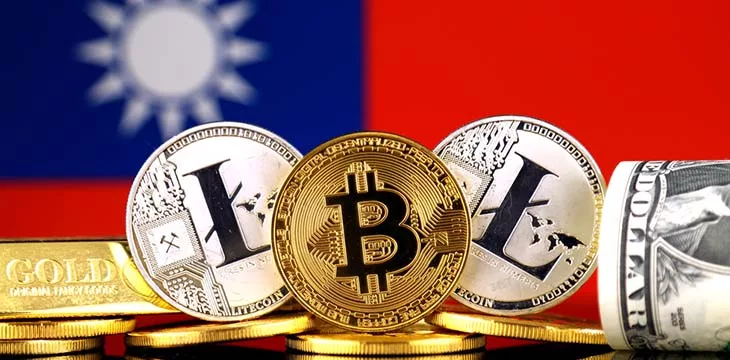|
Getting your Trinity Audio player ready...
|
Taiwan is set to become the latest nation to implement digital asset regulations, with the country’s financial watchdog reportedly drafting new guidelines for the budding sector.
The Taiwan Financial Supervisory Commission (FSC) has created ten guiding principles for the digital asset industry as it seeks to strike a balance between promoting innovation and protecting investors, local media outlets reported.
The new guidelines include a revamped crackdown on offshore exchanges targeting Taiwanese investors without obtaining FSC licenses.
With this stipulation, Taiwan becomes the latest to crack down on global exchanges like Binance, Bitfinex, and Kraken that have flouted regulations in dozens of jurisdictions for years.
These exchanges operate under the belief that existing financial regulations aren’t robust enough to encompass digital assets. However, regulators are quickly catching up, and Binance has now been booted out of Canada, Cyprus, Austria, and the Netherlands. Others like Kraken, Poloniex, BitMEX, Bitfinex, and BitFlyer have forked out millions of dollars to settle charges against them.
Taiwan was one of the hardest hit countries by the collapse of FTX, accounting for more users than India, the U.K., Italy, Thailand, and other digital asset hotspots.
In addition to cracking down on rogue exchanges, Taiwan will also require VASPs to get the FSC’s nod before publishing ads. They must also segregate customer assets from operating capital and implement world-class AML programs. FSC further banned derivative products, which it deems too complex for retail investors, with offenders facing up to seven years behind bars.
The new guidelines also delve into token issuance, with VASPs required to first disclose their white paper to the watchdog.
Taiwan appointed the FSC as the digital asset watchdog in March, with the regulator’s focus being on payment and trading-related assets. The agency doesn’t regulate NFTs, with chairman Huang Tien-mu saying at the time that their “extendability and composability” makes NFTs a broad asset class that needs more elaborate regulations.
Watch: The Future of Exchanges & Trading in a Tokenized World

 08-15-2025
08-15-2025 





